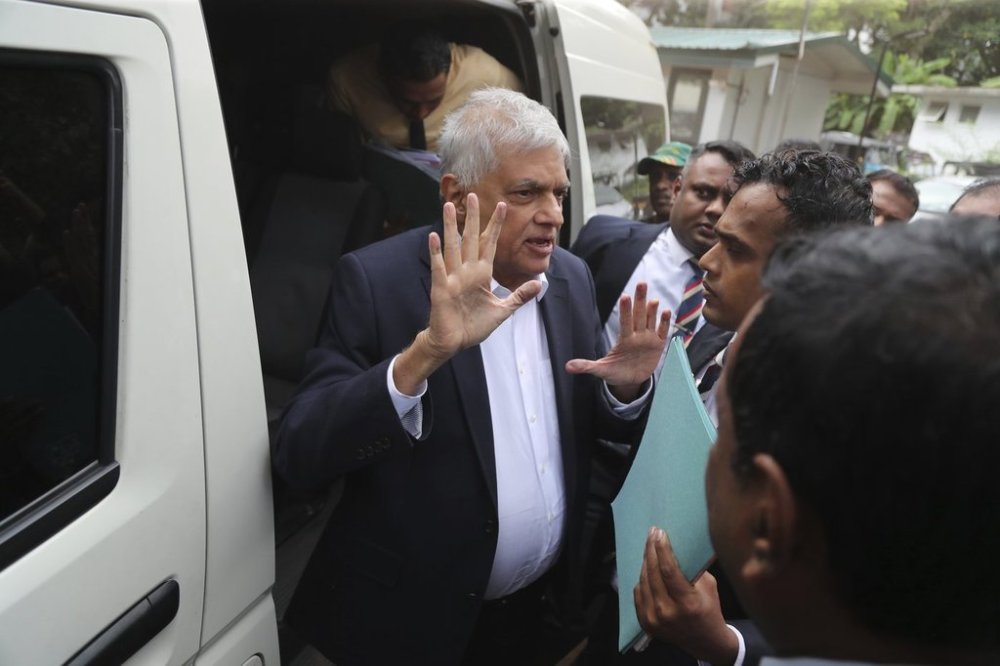Sri Lanka’s Parliament withdraws perks for former presidents
Advertisement
Read this article for free:
or
Already have an account? Log in here »
To continue reading, please subscribe:
Monthly Digital Subscription
$1 per week for 24 weeks*
- Enjoy unlimited reading on winnipegfreepress.com
- Read the E-Edition, our digital replica newspaper
- Access News Break, our award-winning app
- Play interactive puzzles
*Billed as $4.00 plus GST every four weeks. After 24 weeks, price increases to the regular rate of $19.00 plus GST every four weeks. Offer available to new and qualified returning subscribers only. Cancel any time.
Monthly Digital Subscription
$4.75/week*
- Enjoy unlimited reading on winnipegfreepress.com
- Read the E-Edition, our digital replica newspaper
- Access News Break, our award-winning app
- Play interactive puzzles
*Billed as $19 plus GST every four weeks. Cancel any time.
To continue reading, please subscribe:
Add Winnipeg Free Press access to your Brandon Sun subscription for only
$1 for the first 4 weeks*
*$1 will be added to your next bill. After your 4 weeks access is complete your rate will increase by $0.00 a X percent off the regular rate.
Read unlimited articles for free today:
or
Already have an account? Log in here »
COLOMBO, Sri Lanka (AP) — Sri Lanka’s lawmakers voted overwhelmingly to abolish perks and facilities provided to former presidents in response to a popular demand during recent public protests.
The vote passed 151-1 while other members were absent. The measure strips state funding for housing, allowances, pensions, transport facilities and an office and a staff for former presidents and their widows.
There are five living past presidents and a widow.

It was an election pledge of Marxist-leaning President Anura Kumara Dissanayake, who took office last year, riding on public resentment against politicians accused of being responsible for the country’s worst economic crisis in 2022, when Sri Lanka announced it cannot pay its foreign debt.
The crisis led lo a severe shortage of food, medicine, fuel and electricity, and triggered protests that forced then-President Gotabaya Rajapaksa to resign.
His successor, Ranil Wickremesinghe, was granted bail Aug. 27 after being arrested over allegations of misusing public funds while in office.

